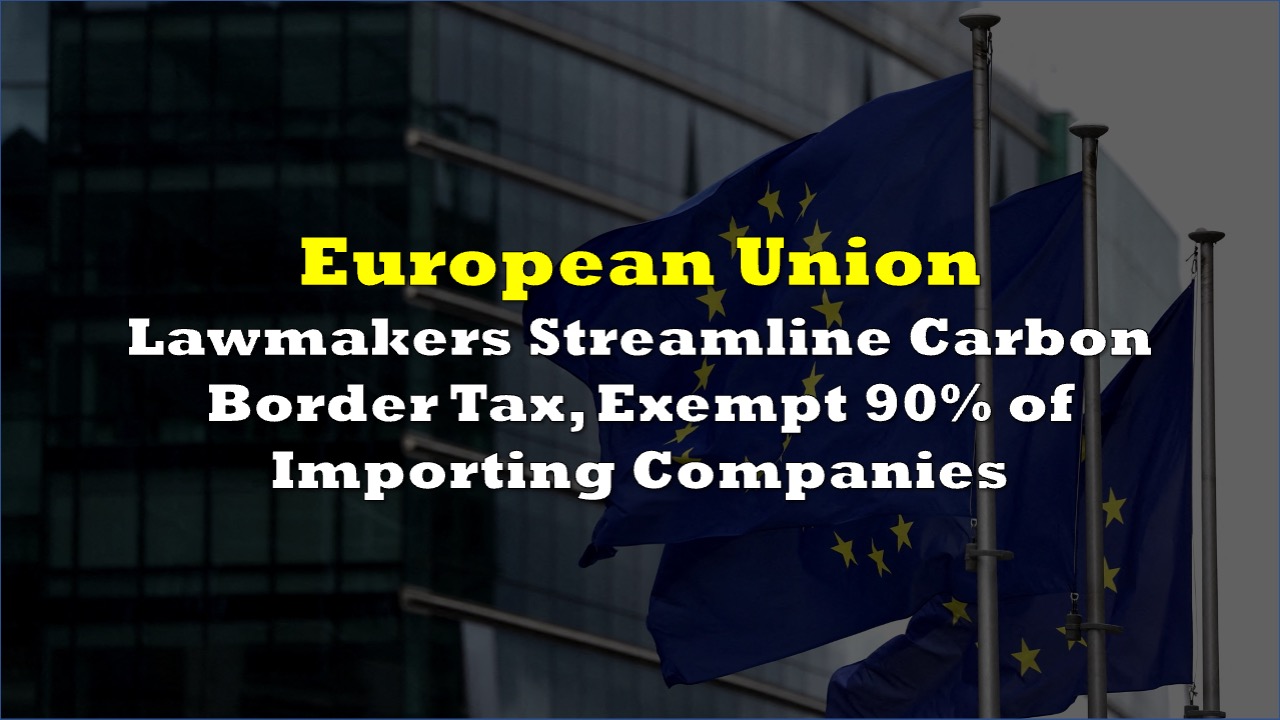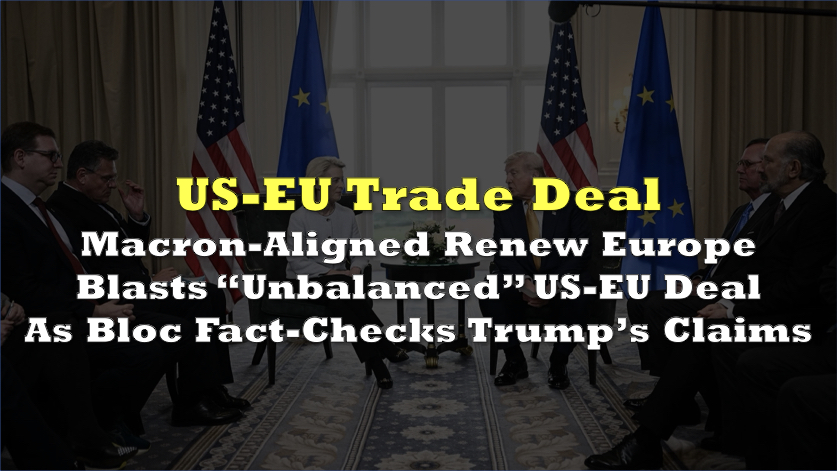European Union lawmakers voted overwhelmingly to simplify the bloc’s carbon border tax rules, exempting 90% of importing companies from administrative requirements while maintaining the tax’s environmental impact, as the EU prepares to expand carbon pricing to transport and heating fuels.
The European Parliament approved the changes 564-20 in May, targeting the Carbon Border Adjustment Mechanism that taxes carbon-intensive imports like steel, cement, and aluminum. The streamlined rules will reduce administrative burdens on smaller importers while preserving the mechanism’s environmental effectiveness across key sectors.
The changes are part of a broader “Omnibus” package aimed at cutting reporting requirements by 25% for all companies and 35% for small and medium enterprises.
Holy 💩
— Marc Nixon (@MarcNixon24) July 2, 2025
MAJOR BREAKING:
The EU just nuked the carbon tax on 90% of their industries.
Mark Carney’s climate cult just lost its holy temple.
Get your popcorn. This meltdown is going to be ENTERTAINMENT to NEXT LEVEL pic.twitter.com/iFl7Ixzox5
In a related development announced Wednesday, the European Commission proposed compensating EU heavy industries like steel, cement, and aluminum for carbon costs on their exports. The plan would refund companies for emissions payments under the EU’s trading system, with revenues from the carbon border tax funding these compensation payments.
Meanwhile, the EU is moving ahead with plans to introduce a new carbon pricing system in 2027 covering diesel, petrol, and heating fuels. The mechanism, called ETS2, could generate up to 300 billion euros in revenue but has sparked concerns about potential consumer backlash over fuel costs.
European carbon tax rates have risen significantly, with the average among 23 countries reaching 57.10 euros per ton in April 2025, up from 49.23 euros the previous year. Sweden leads with the highest rate at 134.06 euros per ton.
The CBAM will fully launch in 2026 after a transitional reporting period that began in 2023. The system aims to prevent “carbon leakage” — companies moving production to countries with weaker climate policies — while protecting European industry competitiveness.
The policy changes come as EU carbon allowances trade near €70 per ton and the Commission prepares to propose a 90% emissions reduction target for 2040. The measures reflect increasing pressure to balance climate goals with industrial competitiveness amid global trade tensions.
Antonio Decaro, the Parliament’s lead negotiator on CBAM, said the changes would “simplify matters for companies without dismantling or weakening” the carbon border mechanism.
Information for this story was found via Financial Times, Bloomberg, and the sources and companies mentioned. The author has no securities or affiliations related to the organizations discussed. Not a recommendation to buy or sell. Always do additional research and consult a professional before purchasing a security. The author holds no licenses.









